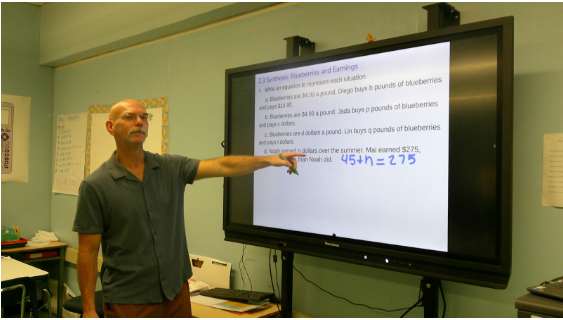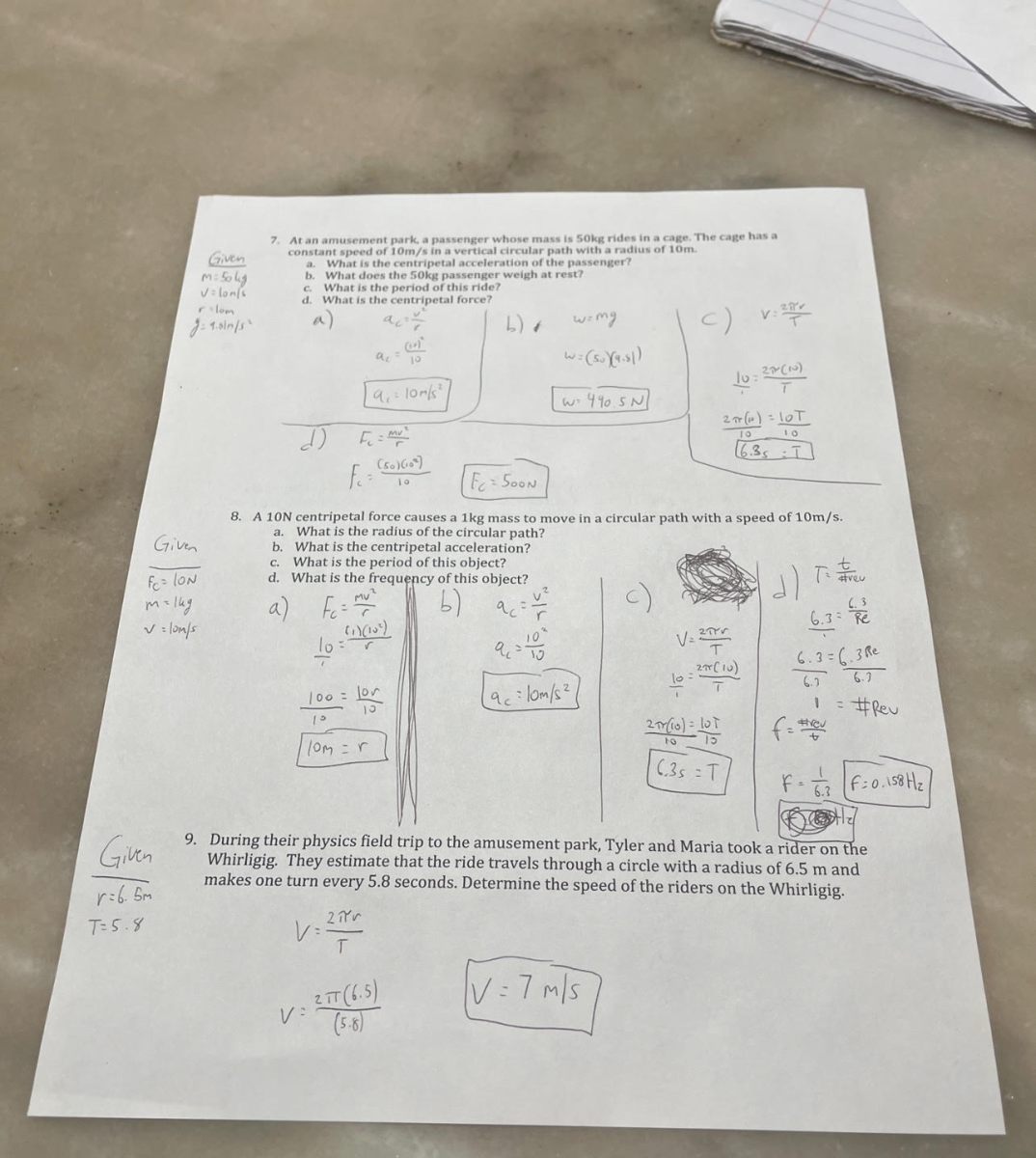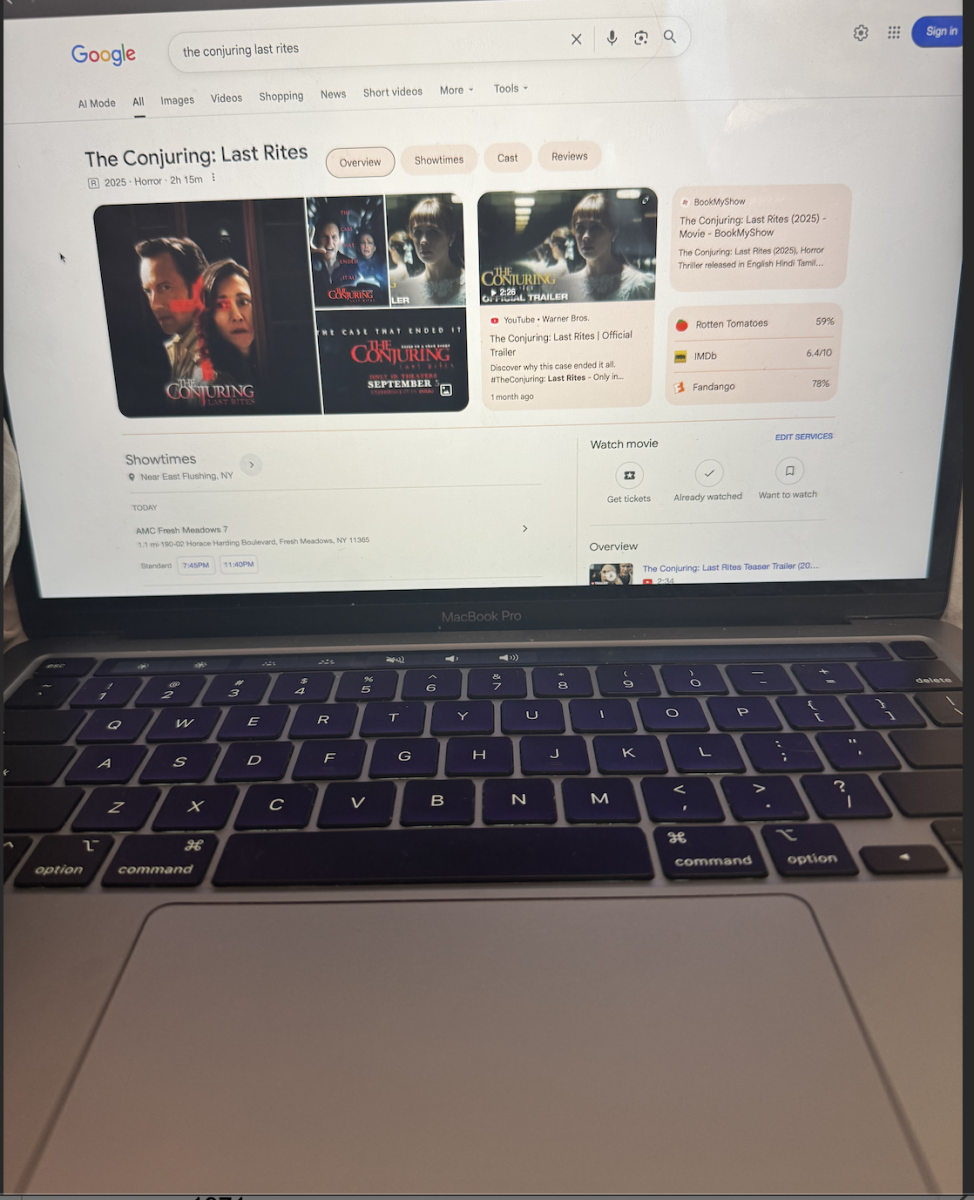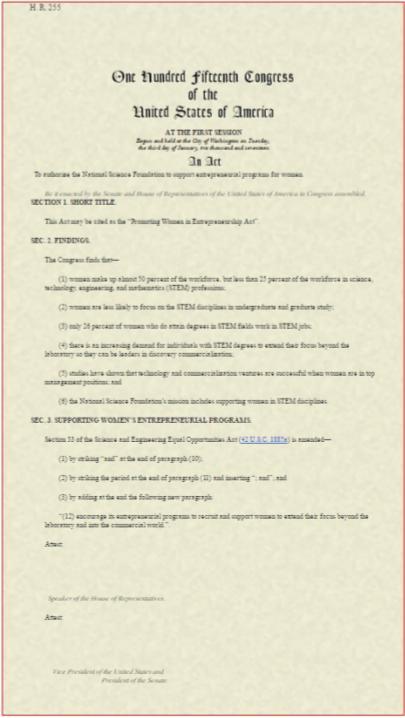by Markella Giannakopoulos, co-editor in chief

College Week featured College Finance Night to inform students and parents about what to do after the application process and during the financial aid process. On December 4th, Adelphi Student Financial Services Counselor Dawn Januszkiewicz was invited to impart her experiences of helping students with the financial aid process.
Some of the topics discussed were the Free Application for Federal Student Aid (FAFSA), Tuition Assistance Program (TAP), College Scholarship Service Profile (CSS Profile), and different scholarships and grants available for students.
“There are a lot of people who aren’t sure of forms and the process. We try to give them the best options,” Januszkiewicz said.
To help dispel some misconceptions about the financial aid process, the meeting went into specifics about the different forms.
On January 1st, the FAFSA application opens for the public. Every student going to college is required to fill out this form to be considered for admissions. This form only considers the income, assets, household size, amount of people going to college, and the neighborhood where the applicant lives.
They don’t take into account the applicant’s expenses which decreases their Expected Familial Contribution (EFC). The EFC is the amount that each family is expected to pay for each year their child goes to college. The government tries to meet the rest of the difference with loans, grants, or scholarships.
“I went last year and it helped me refresh. She gave us tips to help save money. The more you jumped on financial aid and FAFSA earlier, the more money you can get from them. I am definitely going to use FAFSA and HOP (financial aid for NYS residents), as well as scholarships. I don’t want to have to get loans to pay for college,” senior Emily Clark said.
TAP is only for New York State residents that are planning to attend college in NYS. They provide $500- $5000 grants for those that meet financial requirements. Usually those that apply for FAFSA also fill out the TAP applications.
CSS Profile is a more in depth analysis of a students finances. They look at income and expenses which isn’t considered for the other financial applications.
Many people don’t realize that college isn’t only about tuition. Families have to pay other costs, including: books, room and board, transportation, technology, etc.
“Don’t use credit cards (or minimally), work if possible. Be responsible with money and be realistic with college options. If you can’t pay for the tuition, then you shouldn’t go there,” Januszkiewicz said.
































![“I agree the school lost its purpose, I left newspaper because I no longer had an interest and passion that I did once believe I had, the school’s more worried about student law court then what’s in the name in the school. [Which is journalism],” senior Christos Troumhis said. Photo attributions to Jon S.](https://wjpsnews.com/wp-content/uploads/2015/12/6276688407_12900948a2_z.jpg)









